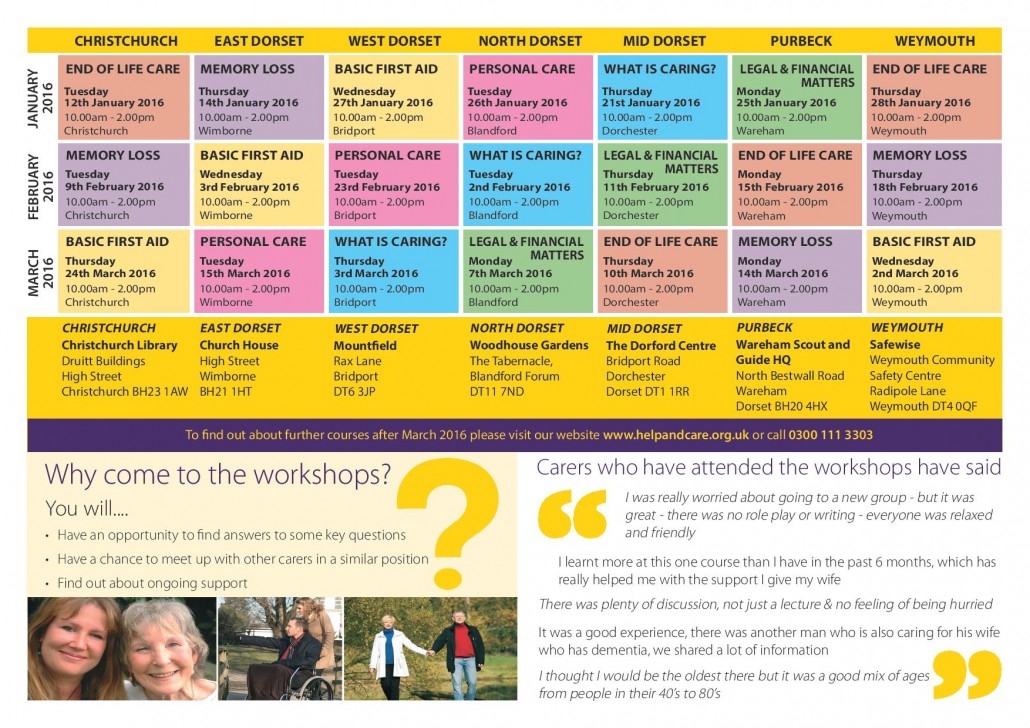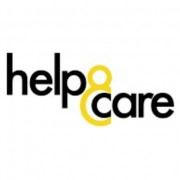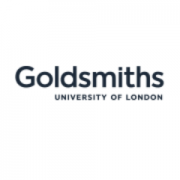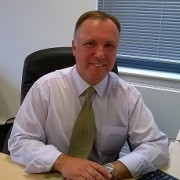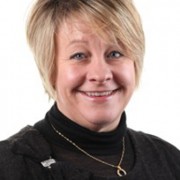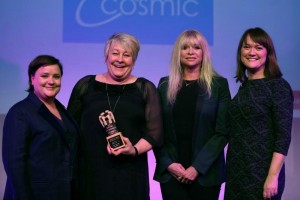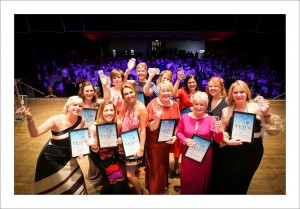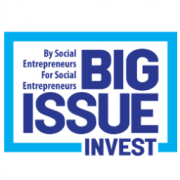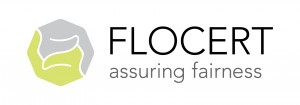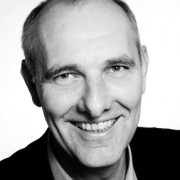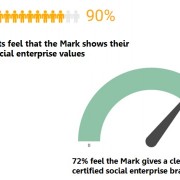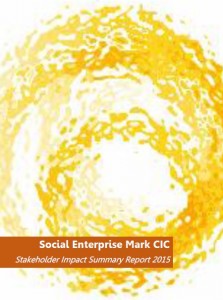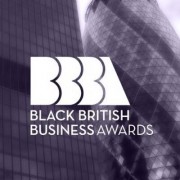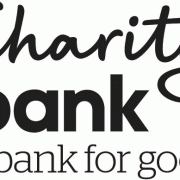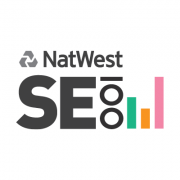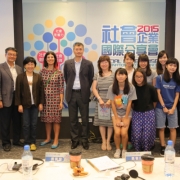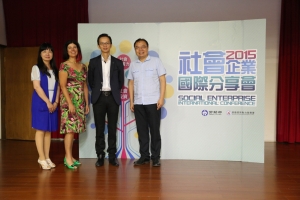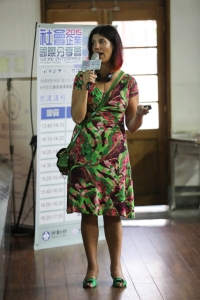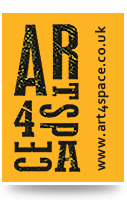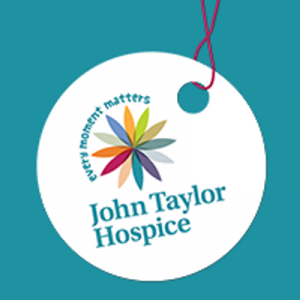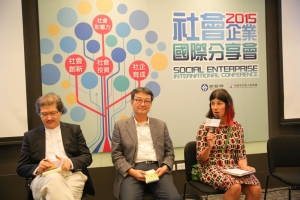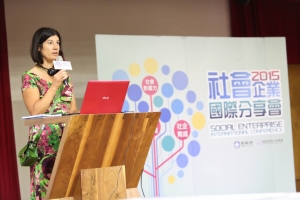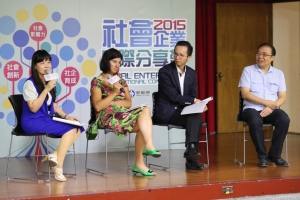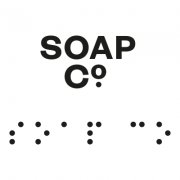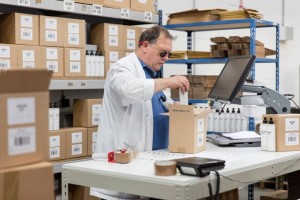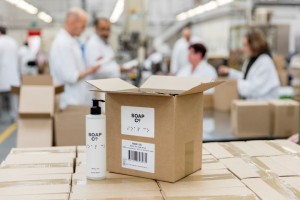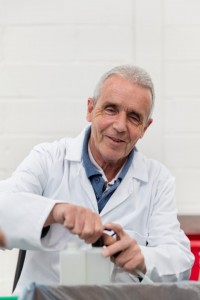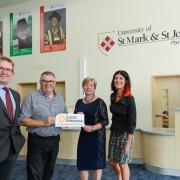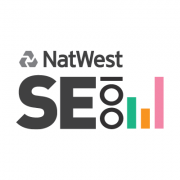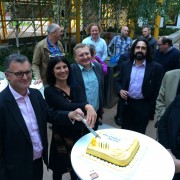By Steve Hawkins, CEO of Pluss
Credit to the Government for being so clear. They want to halve the disability employment gap. That’s the difference between the percentage of people with disabilities who are in work and that of the working age population as a whole.
Pretty much everyone agrees this would be a good thing – for the individuals themselves, for employers, for taxpayers, for all of us. Research by the Social Market Foundation indicates that achieving the goal would boost the economy by £13 billion.
But the ambition won’t be achieved by wishing for it. True, the imaginative Disability Confident campaign has captured headlines and made inroads. And much good work is being done to build the ‘presumption of employability’ for people with disabilities, although this remains a work in progress on both sides of the interviewer’s desk.
But these are only complementary activities. I believe that over the next decade our ability to reduce the disability employment gap will be largely dependent on a single factor. It’s this. What help will people get to make the journey? In other words, what will the programme that is required to do most of the heavy lifting look like?
It’s critical to recognise that helping into work someone with a learning disability or autism, or someone with profound and enduring mental ill-health or with multiple and complex support needs, is an entirely different industry to helping roomfuls of jobseekers close to the labour market to get a job.
At its heart, this question is about the challenge facing some people that ‘any job’ isn’t good enough. The greater the level or complexity of the disability or health need, the more precise the fit of the person, the job role, the support and the employer must be.
It isn’t that people with complex support needs can`t work – our experience at Pluss is that they make some of the most outstanding employees for the companies we support. But it’s important to recognise that, as we move along a spectrum of support needs from simple to complex, the pool of potentially suitable jobs and work settings steadily shrinks. At the same time, the need increases for a thorough technical understanding of how an individual’s support needs impact on both the navigation of labour market and the capacity to work well in a job.
A successful intervention therefore requires not just ‘any job’ but exactly the right job with the right employer in the right place with the right help both leading up to a job start and in-work.
As we have seen on the Work Programme, getting it wrong for this group of customers means that all too often the negative perceptions of employers (that people with disabilities can’t work, that they’re not as productive, that reasonable adjustments might be too much hassle) can get reinforced.
This need for an increasingly exact fit between person and job is why the Universal Job Match process is routinely unsuccessful, for example, for someone with autism or with severe and enduring mental ill-health. In our world, it’s rarely the case that an approximate job match is good enough.
I think this approach begins to explain some of the differences in programme performance. 52% of Work Choice starts between the 1st April 2014 and 30th September 2014 obtained a job outcome by 31st March 2015. In contrast, only 12% of ESA new claimants and only 5% of ‘ex-IB’ ESA participants on Work Programme get a job outcome after being on the programme for 2 years.
The procurement and commercial arrangements for Work Programme have exacerbated this challenge of working with ESA customers. The commercial drivers of the programme and the scale of contracts have ensured that specialist primes have been excluded from the programme. The use of non-specialists as primes, many of whom are also non-providers, has led to a one size fits all approach that works for some but clearly not for all.
Differential pricing was designed to be the tool to persuade the market to invest in support and expertise for those people whose disabilities placed them furthest from the market place. The market, left to its own devices, has failed this test.
It’s important to say that the Work Programme works well for a large number of people. It has established its credibility as a programme that is effective for those jobseekers without complex support needs for who a wide range of jobs and workplace settings are potentially suitable.
That’s what the replacement mainstream employment programme must be allowed to focus on.
But the greater or more complex a customer’s disabilities, the less effective will be a high volume programme delivered by primes that are driven by the commercial model to a one-size-fits-all approach and that have no in-depth disability specialism.
I believe the evident strengths of the current specialist Work Choice programme, and the comparably poor ESA performance data for the Work Programme, provide a strong evidence base to support the need for a specialist programme, commissioned in a way that ensures the inclusion of experts.
That is why a specialist disability employment programme led by specialist primes must be the cornerstone of the Government’s strategy.
When we know if that’s the plan, we’ll know how serious the Government is about halving the disability gap.
Pluss is a certified social enterprise with the Social Enterprise Mark. This means that Pluss has proved it is genuine against independently-assessed criteria for social enterprise. The Social Enterprise Mark provides assurance that profits are used to help disabled people gain opportunities to work, acting as a guarantee that Pluss is trading for people and planet.
